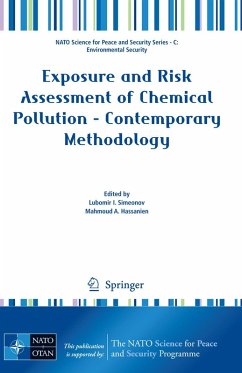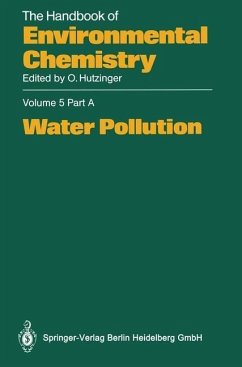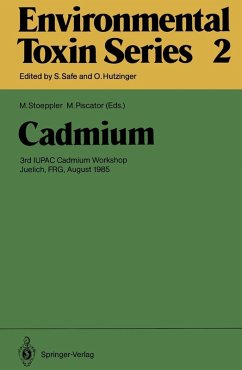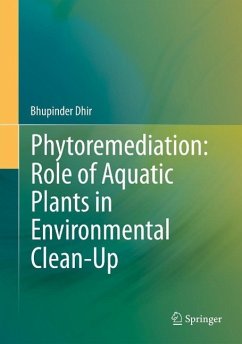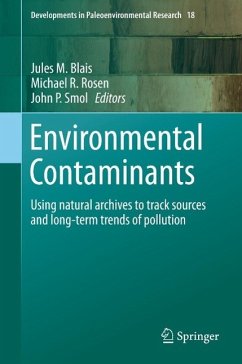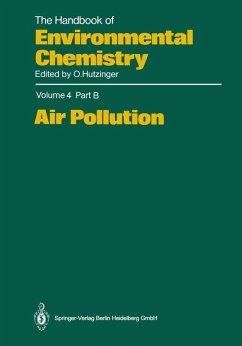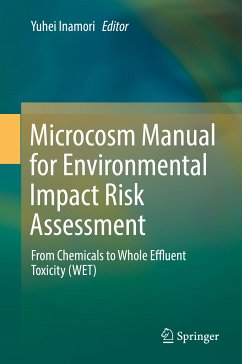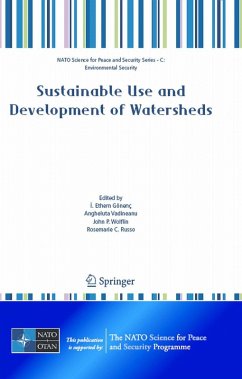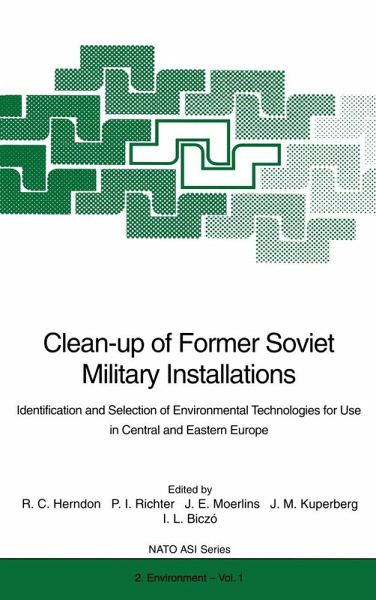
Clean-up of Former Soviet Military Installations (eBook, PDF)
Identification and Selection of Environmental Technologies for Use in Central and Eastern Europe
Redaktion: Herndon, Roy C.; Biczo, Imre L.; Richter, Peter I.; Kuperberg, J. Michael; Moerlins, John E.
Versandkostenfrei!
Sofort per Download lieferbar
40,95 €
inkl. MwSt.
Weitere Ausgaben:

PAYBACK Punkte
20 °P sammeln!
A NATO Advanced Research Workshop (ARW) was conducted on June 21-23, 1994 in Visegnid, Hungary related to the clean-up of former Soviet military installation sites. This ARW included a technical site visit to the Komarom Base Site which is a former Soviet military installation in Hungary. During this three-day ARW, a strategy and set of recommendations were developed for selecting technologies and evaluating remediation as the economic and approaches for these sites. This strategy incorporated such critical issues financial conditions of the region, temporal considerations with regard to the u...
A NATO Advanced Research Workshop (ARW) was conducted on June 21-23, 1994 in Visegnid, Hungary related to the clean-up of former Soviet military installation sites. This ARW included a technical site visit to the Komarom Base Site which is a former Soviet military installation in Hungary. During this three-day ARW, a strategy and set of recommendations were developed for selecting technologies and evaluating remediation as the economic and approaches for these sites. This strategy incorporated such critical issues financial conditions of the region, temporal considerations with regard to the urgency for which remedial actions are needed for these sites, the prioritization of resource allocations for site clean-up using risk-based considerations, and other crucial issues which will affect the implementation of remedial activities in the region. Approximately 40 invited experts, representing a number of different disciplines as well as both NATO and Cooperation Partner countries from the region, participated in this ARW. The types of former Soviet military installations in Central and Eastern Europe include: aircraft bases, fueling areas, maintenance and repair facilities, training grounds, non ammunition storage areas (for lubricants, chemicals, paints, equipment), ammunition storage areas, medical facilities, production facilities, and municipal facilities. Environmental contamination at these sites poses significant human health and environmental risks. Site contaminants include: solvents (e. g. , BTEX), mineral oil hydrocarbons, polycyclic aromatic hydrocarbons (PAHs), chlorinated hydrocarbons, heavy metals, pesticides residues, and polychlorinated biphenyls (PCBs). The primary environmental media adversely affected by these contaminants are soils, ground water andsurface water.
Dieser Download kann aus rechtlichen Gründen nur mit Rechnungsadresse in A, B, BG, CY, CZ, D, DK, EW, E, FIN, F, GR, HR, H, IRL, I, LT, L, LR, M, NL, PL, P, R, S, SLO, SK ausgeliefert werden.




